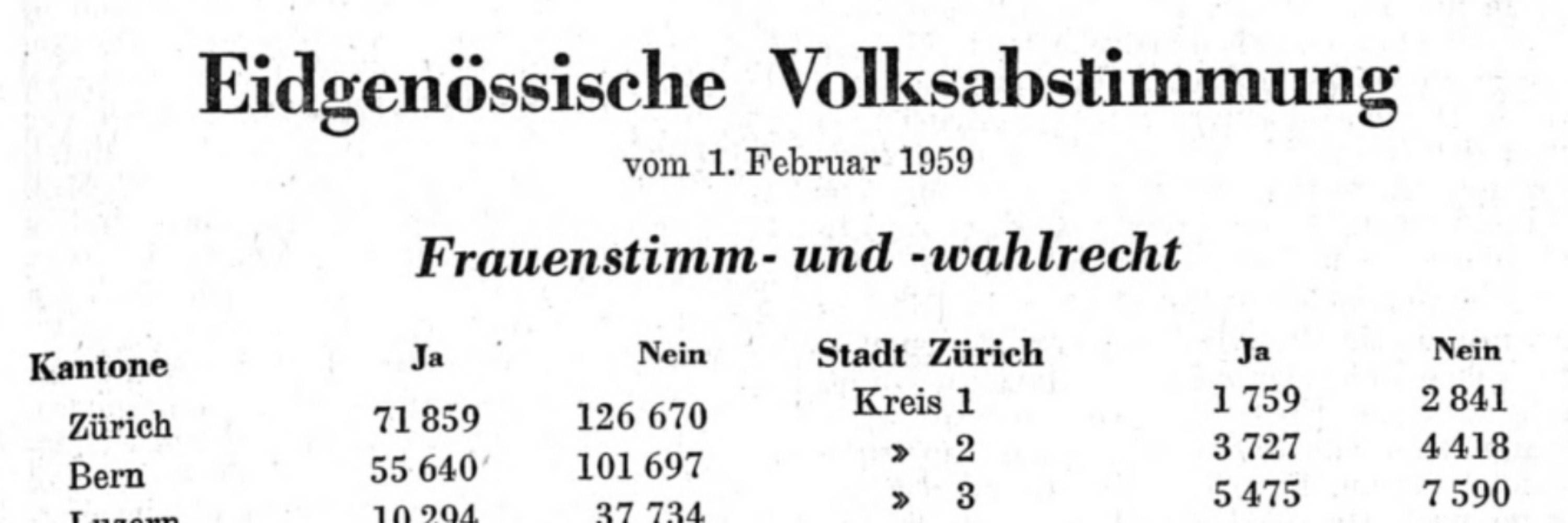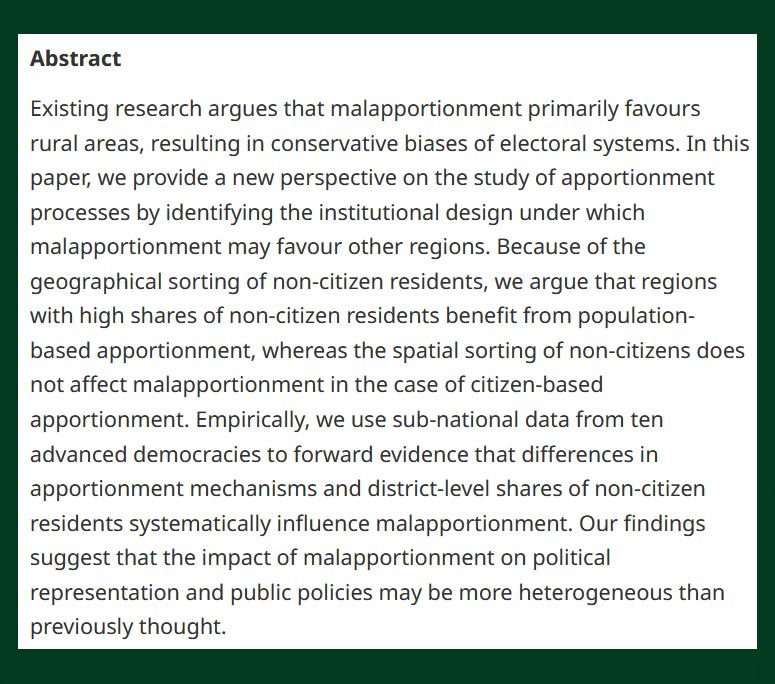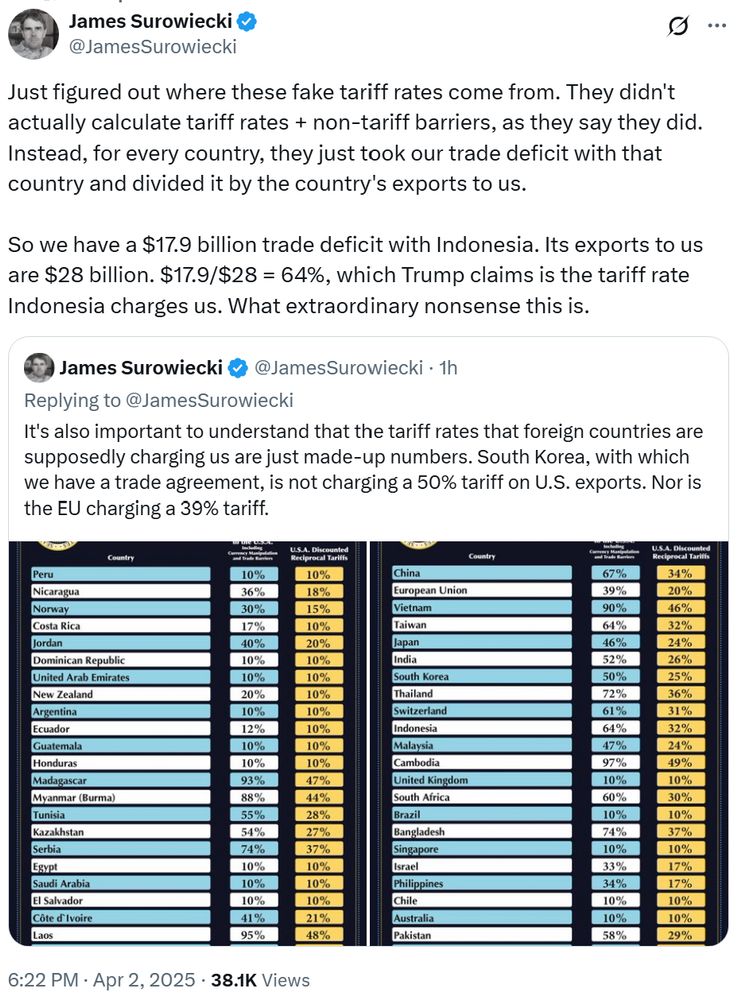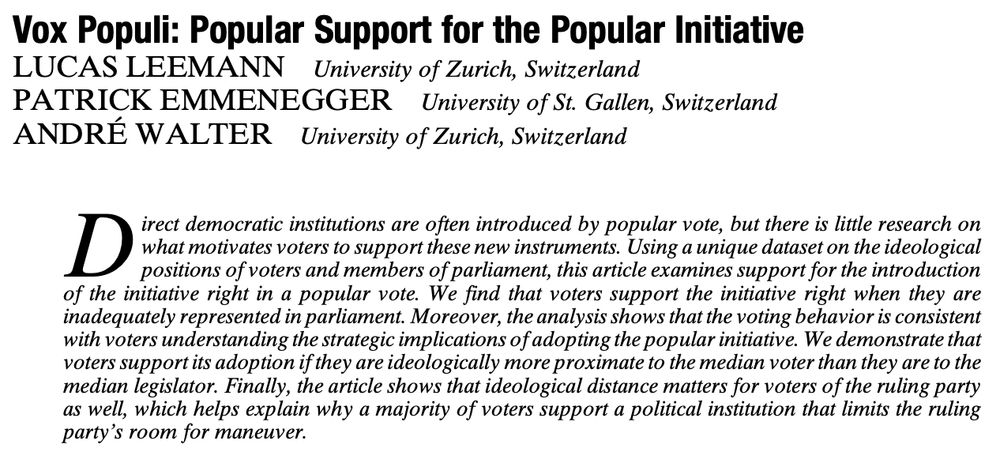



with @sumpierrez.bsky.social and Rainer Bauböck
Work on migrant voting rights often has a state-centric perspective. We propose *migrant franchise constellations* as a migrant-centric approach.
A 🧵 with our argument and new data! 🗳️
preprints.apsanet.org/engage/apsa/...

with @sumpierrez.bsky.social and Rainer Bauböck
Work on migrant voting rights often has a state-centric perspective. We propose *migrant franchise constellations* as a migrant-centric approach.
A 🧵 with our argument and new data! 🗳️
preprints.apsanet.org/engage/apsa/...
onlinelibrary.wiley.com/doi/abs/10.1...

onlinelibrary.wiley.com/doi/abs/10.1...
We compiled results from 1866 to 1944 by visiting numerous archives and filled some gaps of the dataset for the period 1944-2025 from the Swiss Federal Statistical Office.
We compiled results from 1866 to 1944 by visiting numerous archives and filled some gaps of the dataset for the period 1944-2025 from the Swiss Federal Statistical Office.
I’ve been collecting historical data on the gender turnout and preference gaps after suffrage using old ass books…
www.tandfonline.com/doi/full/10....

www.tandfonline.com/doi/full/10....
Who Counts? Non-Citizen Residents, Spatial Sorting, and Malapportionment - cup.org/42vfiTR
- @megapeng.bsky.social & Patrick Emmenegger
"we argue that regions with high shares of non-citizen residents benefit from population-based apportionment"
#OpenAccess

Who Counts? Non-Citizen Residents, Spatial Sorting, and Malapportionment - cup.org/42vfiTR
- @megapeng.bsky.social & Patrick Emmenegger
"we argue that regions with high shares of non-citizen residents benefit from population-based apportionment"
#OpenAccess
1. an absolutely nonsensical way to think about trade
2. nothing to do with tariff barriers, it’s just…relative trade. It’s just something else entirely
3. a CRAZILY back-of-the-envelope way to set global trade policy
It is mad that this is real.
"...for every country, they just took our trade deficit with that country and divided it by the country's exports to us."

1. an absolutely nonsensical way to think about trade
2. nothing to do with tariff barriers, it’s just…relative trade. It’s just something else entirely
3. a CRAZILY back-of-the-envelope way to set global trade policy
It is mad that this is real.



